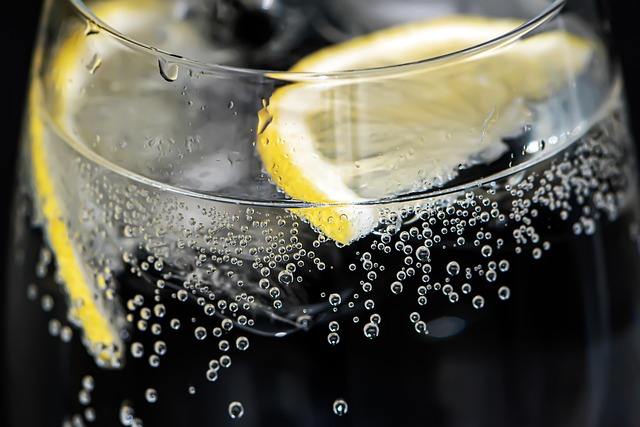The Hidden Role of Hydration in Preventing Heart Diseases
When we think about heart diseases, images of stress-laden lives, poor diets, and lack of exercise often come to mind. However, an equally important and often overlooked factor is hydration. Maintaining optimal hydration levels is crucial for overall heart health, yet many of us do not recognize the silent role it plays in preventing heart-related issues.
Understanding Heart Diseases
Heart diseases encompass a range of conditions that affect the heart’s structure and function. They can manifest as coronary artery disease, heart attacks, or arrhythmias, all of which can lead to dire consequences for your health. The World Health Organization (WHO) reports that cardiovascular diseases are the leading cause of death globally, emphasizing the urgent need for proactive measures in prevention.
The Connection Between Hydration and Heart Health
Our hearts are made up of about 73% water, underscoring the intrinsic relationship between hydration and heart function. Proper hydration aids in maintaining blood viscosity, ensuring that your blood can circulate freely without putting excess strain on your heart. Dehydration, on the other hand, can lead to increased blood thickness and cause the heart to work harder, potentially leading to hypertension and other cardiovascular issues.
Signs of Dehydration
It’s essential to pay attention to your body’s signals. Common signs of dehydration include:
- Dry mouth and persistent thirst
- Fatigue and dizziness
- Dark yellow urine
- Headaches
- Rapid heartbeat
If you experience any of these symptoms, it’s crucial to rehydrate, not just with any liquid, but with water and mineral-rich beverages that can replenish key electrolytes essential for your heart’s health.
Integrating Hydration into Your Daily Routine
To harness the benefits of hydration for heart health, consider the following strategies:
- Start Your Day with Water: Drink a glass of water first thing in the morning to kickstart your hydration.
- Carry a Water Bottle: Keep a reusable water bottle with you to remind yourself to drink throughout the day.
- Infuse Your Water: If plain water doesn’t excite you, try adding fruits or herbs for a refreshing twist.
- Listen to Your Body: Pay attention to your thirst signals and drink proactively rather than reactively.
- Monitor Your Intake: Keep track of how much water you’re drinking, aiming for at least eight 8-ounce glasses a day.
Hydration and Physical Activity
For those who exercise regularly, staying hydrated is even more crucial. Dehydration can lead to decreased physical performance and increased heart rate during workouts. It’s vital to drink adequate amounts of water before, during, and after exercise to maintain optimal cardiovascular function and to avoid undue stress on the heart.
Mind Your Diet
Incorporating water-rich foods into your diet can also help you stay hydrated while providing essential nutrients. Fruits like watermelon, oranges, and strawberries, as well as vegetables such as cucumbers and tomatoes, not only contribute to your hydration levels but also support overall heart health through their antioxidant properties and dietary fiber content.



